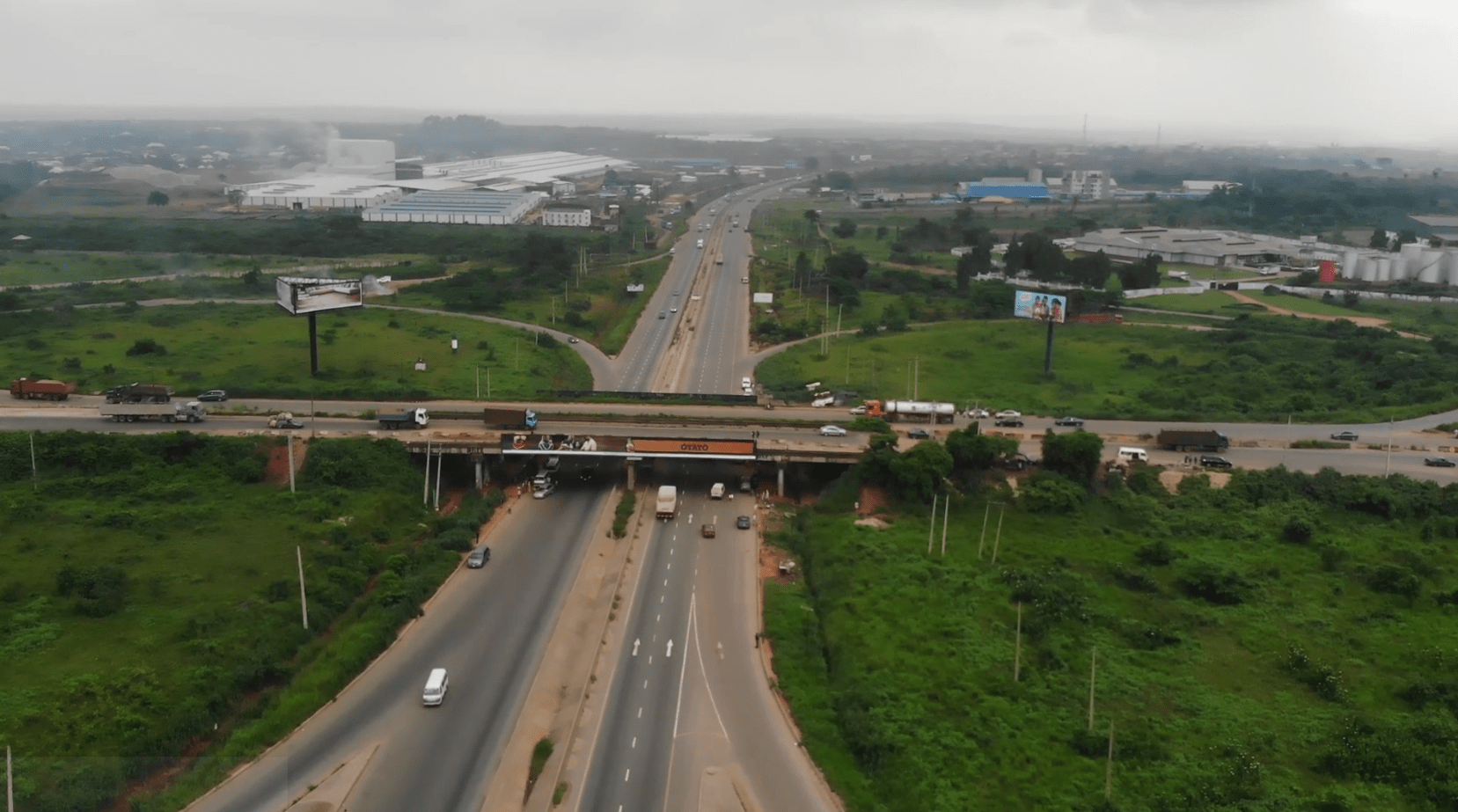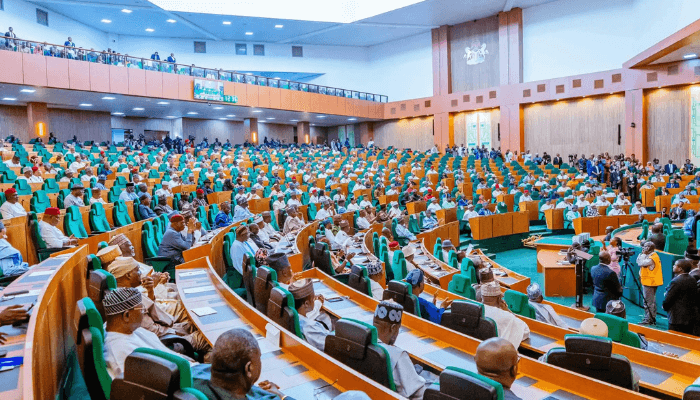Key Roads to be Tolled for Revenue Generation
The Federal Government of Nigeria has announced plans to toll key national roads, including the Lagos-Ibadan Expressway and the Second Niger Bridge. This move is aimed at generating revenue for road maintenance and improvements. According to Works Minister Dave Umahi, Nigerians are ready to pay tolls for high-quality roads if their safety and convenience are prioritized.
Several major roads are included in the tolling plan, such as the Abuja-Kano Road and the Makurdi-9th Mile Road. Umahi emphasized that these tolls will bring significant income to the Federal Government.
This revenue will be used to maintain and improve the road infrastructure. Additionally, the private sector has been engaged to help fund the construction and management of these roads through partnerships with the Infrastructure Concession Regulatory Commission.
One of the first roads to be tolled under the new initiative is the Keffi-Makurdi Road, which has been completed. The government has introduced a paperless toll payment system for the convenience of road users. The Works Minister also highlighted plans to improve security on the roads, which will boost public confidence in the tolling system.
In addition to tolling, the government is focused on improving the safety of the toll roads. Measures such as the installation of solar lights and enhanced security with rapid response teams will ensure that Nigerians feel secure traveling these routes. According to Minister Umahi, these improvements will also reduce travel times, making the tolls more acceptable to road users.
Minister Umahi pointed out that the current administration, led by President Bola Tinubu, is treating road development as a professional investment. Unlike previous governments, this administration is focused on infrastructure as an asset that needs to be managed for long-term benefits. The tolling initiative is part of this broader strategy.
The Federal Government inherited 300 damaged roads and bridges. However, the current administration is set to begin new road constructions starting from October 1, 2024. These projects will be spread across the six geopolitical zones of Nigeria, reinforcing the government’s commitment to improving infrastructure and driving economic growth.




